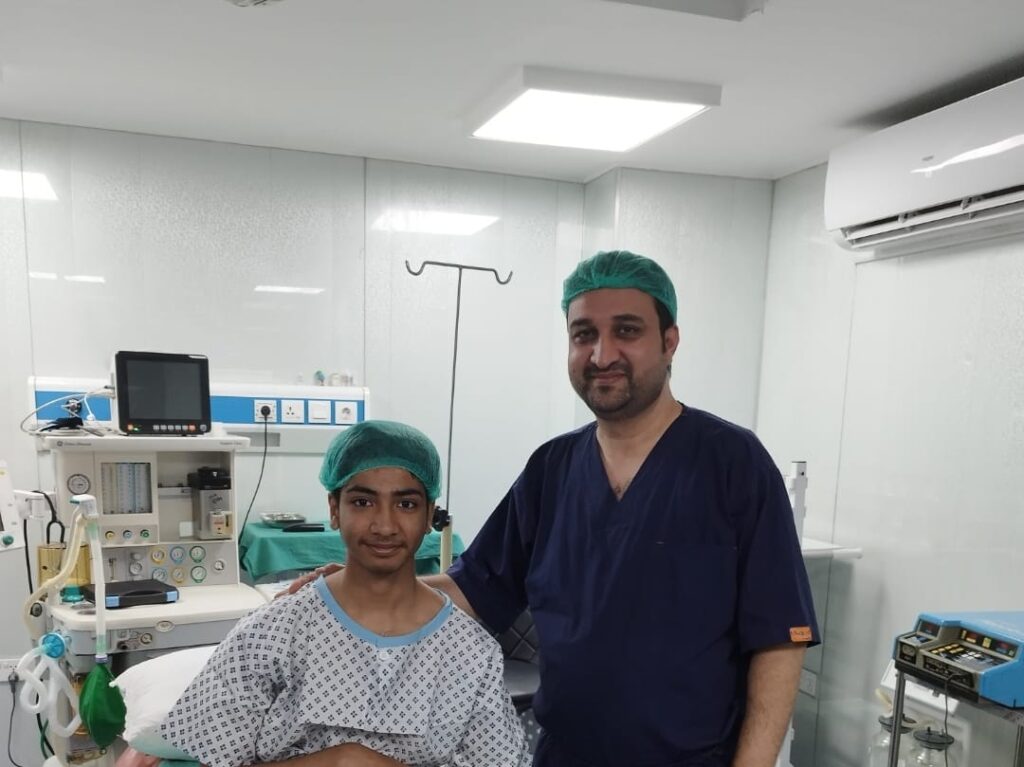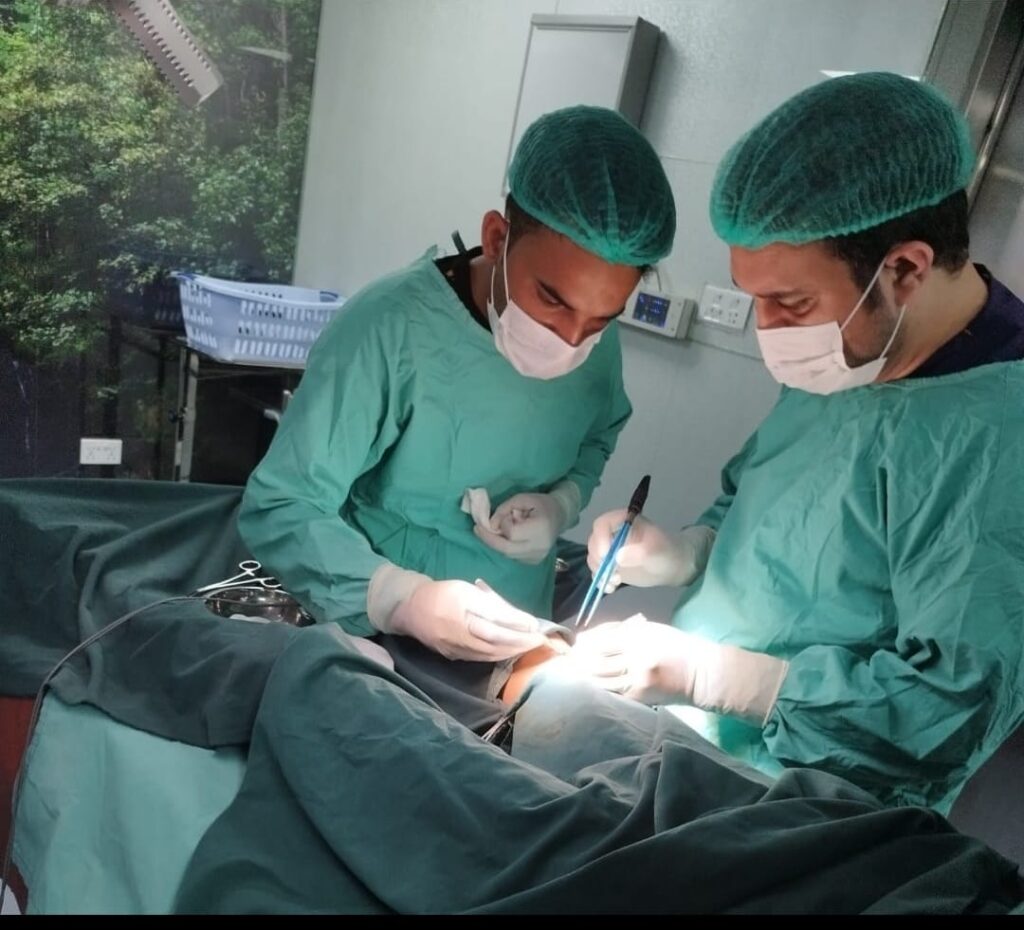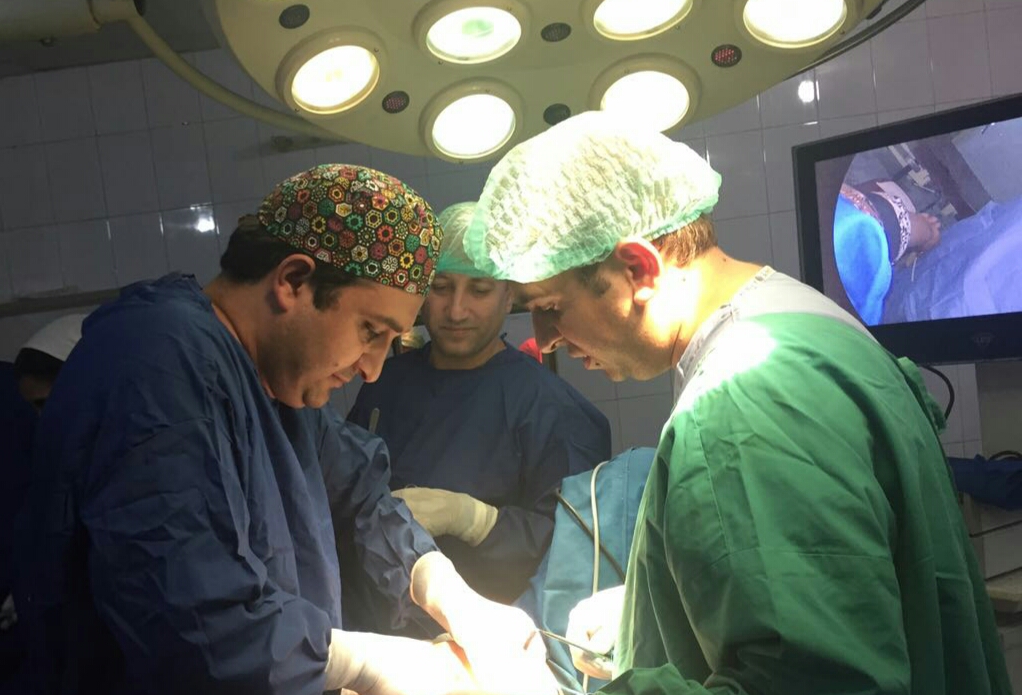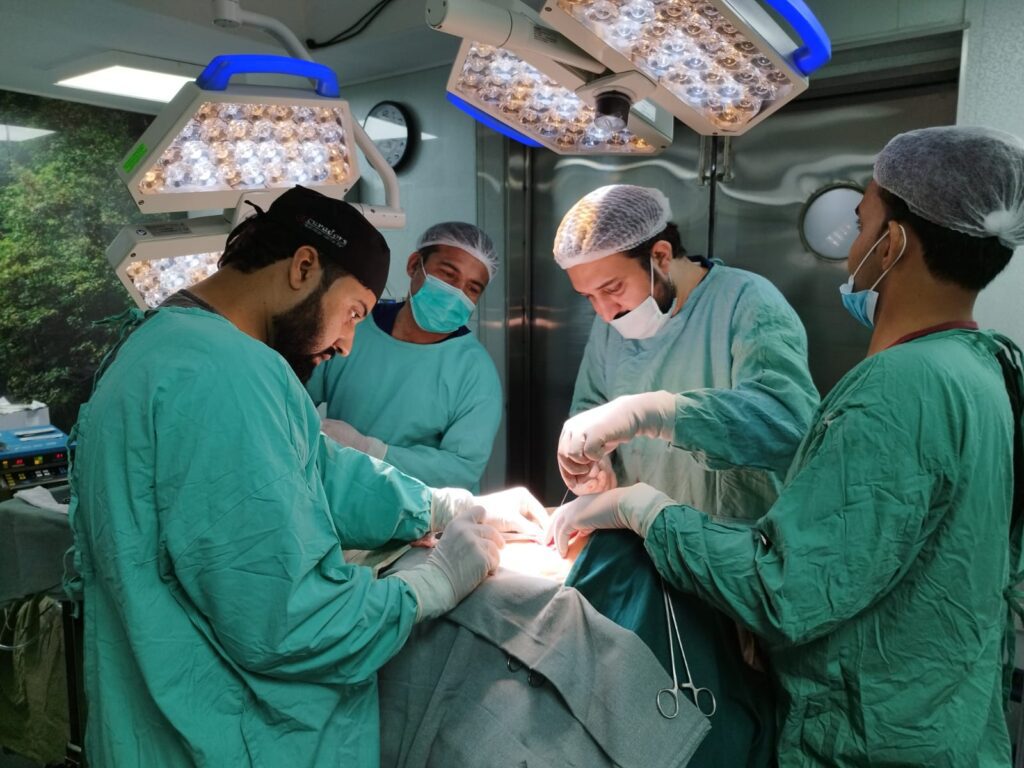- contact@laparoscopyadvice.com
- General Practice Hospital, G-9/2 Islamabad
- Mon - Fri: 10:00 am - 7:00 pm
Visiting Hours
| Mon - Fri: | 8:00 am - 8:00 pm |
| Saturday: | 9:00 am - 6:00 pm |
| Sunday: | 9:00 am - 6:00 pm |
Gallery Posts






| Mon - Fri: | 8:00 am - 8:00 pm |
| Saturday: | 9:00 am - 6:00 pm |
| Sunday: | 9:00 am - 6:00 pm |







Intestinal obstruction refers to a blockage that prevents the normal flow of digested food, fluids, and gas through the intestines. It can occur in the small intestine (small bowel obstruction) or the large intestine (large bowel obstruction). Intestinal obstruction can be a medical emergency requiring prompt diagnosis and treatment to prevent serious complications such as bowel perforation and ischemia.
Intestinal obstruction can result from various causes, including mechanical blockages, functional issues, or a combination of both. Mechanical obstructions occur when there is a physical barrier that obstructs the passage of intestinal contents, such as adhesions, hernias, tumors, or impacted feces. Functional obstructions occur due to impaired intestinal motility, such as in cases of paralytic ileus or pseudo-obstruction.



| Mon - Fri: | 9:00 am - 7:00 pm |
| Saturday - Sunday: | Off |
Copyright 2023 Adil's Laparoscopy World | Powered by Dynaamx